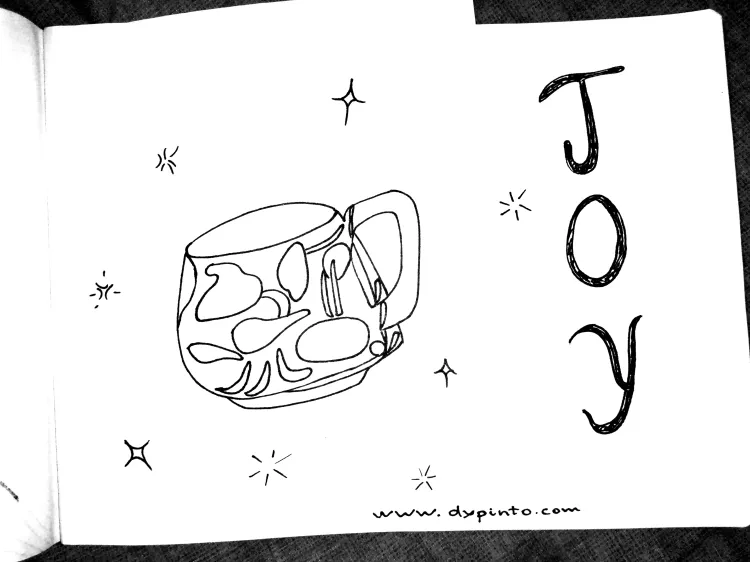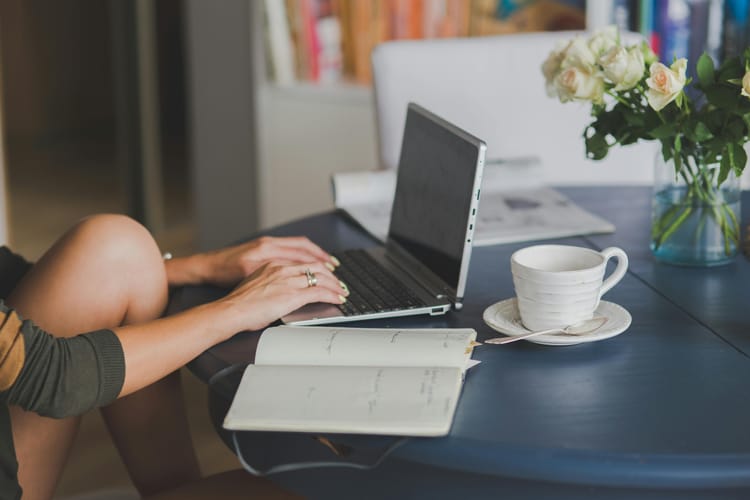Minimalism and Decluttering. My eco-friendly efforts.

Very frequently, when one starts aligning with minimalism, the first thing that we do is to declutter. It's the most straightforward way to see results.
However, one concern I encountered while decluttering is the amount of waste we can generate :S
So, I decided firmly to do it as eco-friendly as I could. I didn't do it perfectly, many times I confess I added some waste to the landfills. But here is the story of my best efforts.
Donating.
Donating is the easiest eco-friendly way to declutter, in my opinion, especially if you have family and friends who are excited to receive some 'new' stuff and use it.
Donating clothes
After a really conscious choice of clothes that I was no longer using, I donate them to people in my community. Family, friends, acquaintances.
Donating books
I also donated books to libraries and to a relative's school, where they were collecting books for their school library. My family also kept some of my books.
Bartering
The only experience I've had with bartering was with a second-hand clothing shop, where I could give some of my old garments in exchange for other garments. It was beneficial for the shop because the amount of clothes I donated was more than what I received.
This was a wonderful experience to try new clothing styles without financial strain, all while decluttering and trying to find my true style. It also felt good because I could help a local store and at the same time, be friendly to the environment.
I wish there were more options like this; regularly speaking, it only has occurred to me in an informal way.
Selling
Selling used things is another eco-friendly way to declutter. Or that's what I felt when I tried. The results were varied; I could sell some items, but others remained on the listings forever.
My conclusion is that this only financially works with very valuable stuff, like electronic devices in good condition, expensive books, and quality furniture, for example. Less valuable objects are not good business. The only benefit I see from this is for the sake of doing something good for the environment and giving the object a second chance to exist in this world.
Selling books
I tried selling second-hand books online. To my surprise, some of them were sold. I didn't earn great money from this, but it was a nice feeling that those books could get a second chance to exist, instead of throwing them away, or archiving them in my family's bookcases.
Going to the post office was a little adventure in its own, because I had never gone to that place.
I also took some books and specialized magazines to a second-hand shop. It was not near my home, so it was somehow an expense to get to that place. The shop offered me a commission, in case the books were sold, but I had the impression I wasn't going to get more money than what it took to arrive to that place (in gas), so I never returned to find out. I'm ok just with the fact that the knowledge in those books and magazines can be read by someone more interested in them.
On the other hand, I have also bought second-hand books online, and it's great.
If you are interested, you can read my opinion about decluttering books in my article about my experience with the KonMari Method.
Upcycling
Upcycling hasn't been a main part of my decluttering experience per se, but more a way to make DIY projects that I become interested in.
For example, for some years, I built some hummingbird feeders with reused materials and had a lot of fun with the activity. I experimented with glass, metal, and plastic containers. The latter was the winner, because I could easily make holes in it.
I have also experimented with furniture restoration. I have to say: it's hard work!
I wouldn't say upcycling is the fastest way to declutter in a minimalist journey, sometimes it can create more clutter, but is for sure a good practice for the environment.
My minimalist strategy to avoid clutter from the thought process "this would be a great DIY project" is to do the project right away. If I can't do the project right away, I put it directly into the recycling bin. Life is short!
Reusing
Reusing might not fit the aesthetics of trending minimalism, but I will list it here because I think there is beauty in a certain amount of folklore at home. Actually, these are more frugality strategies, lol.
My favorite, very Mexican reusing practices are:
- The ancestral Latin American art of transforming really old clothes into rags 😄.
- Using 1-liter yogurt containers to store cooked beans. Extra points if the container has delicious ice cream publicity.
- Collecting glasses of mole Doña María (a typical Mexican dish sold in glass containers).
- Using a cookie's metal container to store threads.
- Using electrolyte containers to carry water. It's said it's not very healthy to reuse PET for drinking water, but it's useful when in need.
- Transforming clay containers of jocoque (fermented milk similar to yogurt) into flower pots.
- Cutting used bond paper sheets into four and using them as notes for groceries.
- I'm sure I'm forgetting plenty of reusing practices. Comment if you remember another one :)
Recycling
I've learned that one of the main reasons I accumulate clutter at home is my recycling efforts. I tended to group things by materials, for example, paper, tins, PET, glass, batteries, and electronics.
I think it's great to do this, but things can get a little bit messy if we don't declutter those categories regularly.
My strategy is to have a limited amount of space for each category and not let it go beyond that. When it is full, then it's time to go to the recycling centers.
I now tend to not buy things that contain small batteries. Collecting batteries and look for special places to throw them away is not my preferred activity in the world. I would rather skip this.
Consuming less
After aaaall the effort I did trying to stay eco-friendly while decluttering, I realized that owning things has a high level of responsibility. There is not only the impact of manufacturing every product, but also its lifetime. What impact will it have when I no longer use it?
I became aware that with every purchase, there is a lot of waste produced. Additionaly, it can easily become a struggle when wanting to dispose of the object once its lifespan has ended, in an eco-friendly way.
This is why I'm more conscious of the things I buy now.
Zero waste trend
Like many other people, I got excited about the zero waste trend while doing my minimalism and decluttering journey.
Although I felt very tempted to throw away all my perfectly fine products and substitute them instantly with only zero waste products, I remained grounded and only bought them when I needed new products (and I could afford them).
Now, every once in a while, I try new products in this niche, especially hygiene products.
I have found some very good products that are better than the standard, like a really great flossing thread made of beeswax. I have bought others that were a total deception, like some toothbrushes that disintegrated while brushing my teeth.
The benefits of this journey
During my once-and-for-all decluttering process, the "excursions" to those recycling centers were fun and added a more social dimension to the experience, because sometimes decluttering can become a very stay-at-home and lonely activity.
I went to new places like the post office, the recycling batteries centers, and the second-hand shops. In those places, I interacted with new people and even felt a sense of community, especially in the bartering experience. I also shared some moments with my community during the donation phase.
Invitation.
Hi, there. I'm the author of this post. Just for you to know, I write a monthly newsletter called Pitaya Letters, where we explore creativity, nature, and calmness. It's free and chill. If this resonates with you, feel free to subscribe.
Your voice matter
What do you think about minimalism and decluttering? Have you tried an eco-friendly approach to this journey, too? I'll be happy to read your comments (option only available for subscribers).




Member discussion